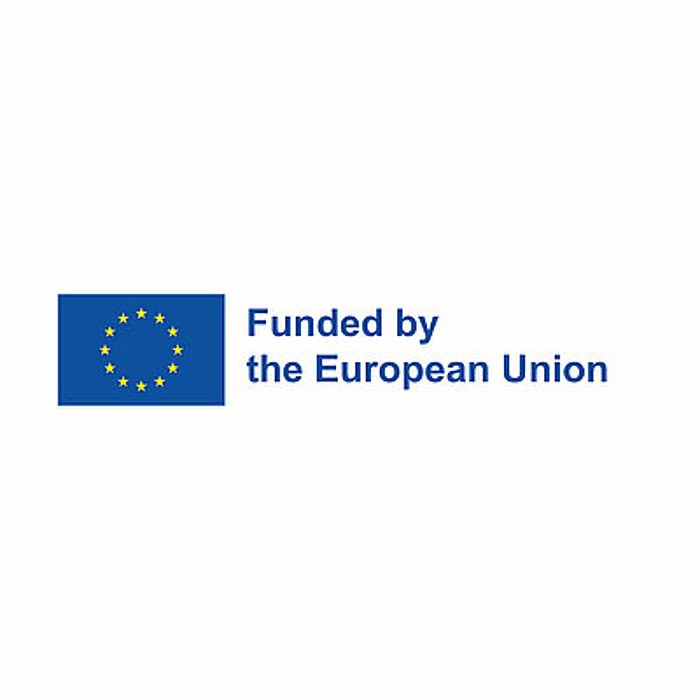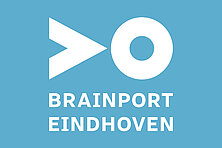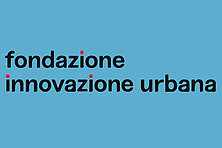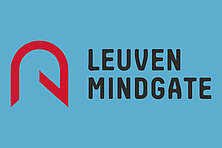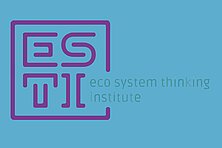Last Generation of Private Car Owners Challenge
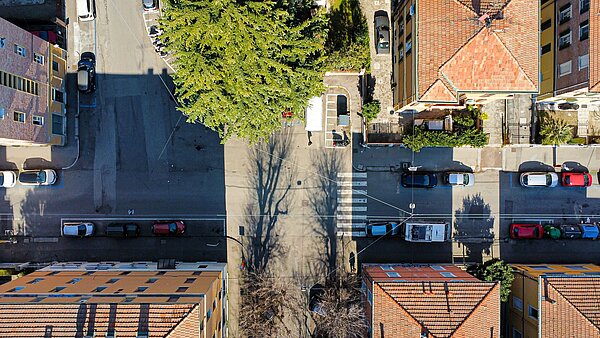

Download the Eindhoven case hereCars transport on average 1,4 persons and are parked 95% of the time. Transporting an average human of 70kg’s using 2000kg of plastics, steel and other resources.
Background of the Challenge
The heavy reliance on private cars for travel can be attributed to various factors:
- Life Events: Major life transitions often create unique mobility challenges, requiring individuals to balance work and personal commitments. Life events can disrupt established travel patterns, prompting people to reconsider their behavior and resource usage, including the number of cars they own.
- City Planning: Most urban areas have been designed with private car ownership in mind. Access to essential services and facilities like shops is often optimized for car owners in terms of distance and convenience.
- Infrastructure Gaps: The dominance of private cars means that the majority of transportation investments and costs are directed toward car-related infrastructure, such as parking, road capacity, and maintenance, while alternative modes like cycling, public transport, and pedestrian infrastructure receive limited funding.
- Subpar Alternatives: Many available alternatives to private car ownership are less attractive in terms of flexibility, ease of use, travel time, and options. In some cases, alternatives may not be viable due to factors like remote living or working locations.
- Network Effect:The prevalence of private cars reinforces a network effect. As more cars are added, the need for additional infrastructure and investments grows, contributing to the sunk cost fallacy.
- Underutilization: On average, cars transport only 1.4 persons and remain parked 95% of the time. This results in inefficient transportation, with an average of 2000kg of resources used to move a 70kg person.
- Habit and Culture: There is a prevailing belief that privately owned cars provide independence. Young individuals entering the workforce often face mobility challenges, and the default solution is to purchase a car. Breaking this cycle is challenging due to the entrenched mindset of dependence and habit. However, young people have yet to fully develop this mindset. On the other hand, incumbent car owners face perceived risks, concerns about loss of freedom, status considerations, and other factors that make it difficult to persuade them to change their habits. Additionally, limited exposure to alternatives and cultural factors play a significant role.
- There is currently no direct feedback loop for owners regarding externalized costs like environmental impact, traffic accidents, congestion, wasted time, air pollution, quality of life and health issues. These costs are largely borne by society as a whole.
The 'Last Generation of Private Car Owners Challenge' aims to address these issues and welcomes proposals that expedite the transition to a generation that no longer relies on private car ownership.
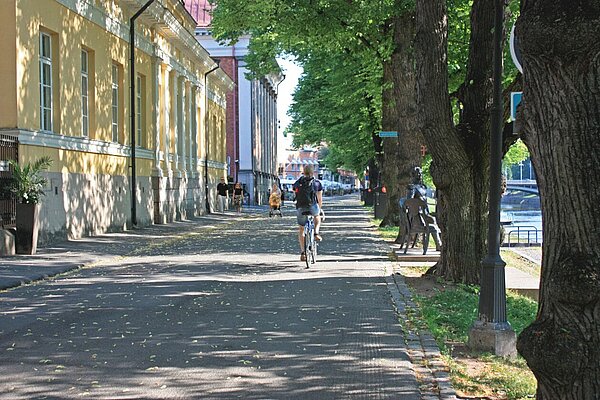
What Solutions Are We Seeking?
We are interested in solutions that:
- Address the prevailing mindset, behavior, and default preference for private car ownership.
- Offer risk-mitigating solutions for alternative options, such as providing people the opportunity to experience electric bicycles before considering a second car.
- Propose policy options that can accelerate the transition away from private car ownership, especially in light of the considerable asset base supporting it.
- Innovatively reimagine mobility and contribute to the emergence of a generation of citizens who neither need nor want private cars.
- Are inclusive and accessible to people with disabilities and other vulnerable groups, providing wheelchair-friendly and user-friendly solutions.
- Enhance the appeal of alternative mobility solutions.
- Promote a shift towards more cycling and walking.
- Address urban planning challenges.
- Represent a breakthrough by redirecting funding away from private car-related investments.
- Offer innovative car-sharing or autonomous car solutions.
- Foster a transformation in car-oriented urban planning and resource allocation.
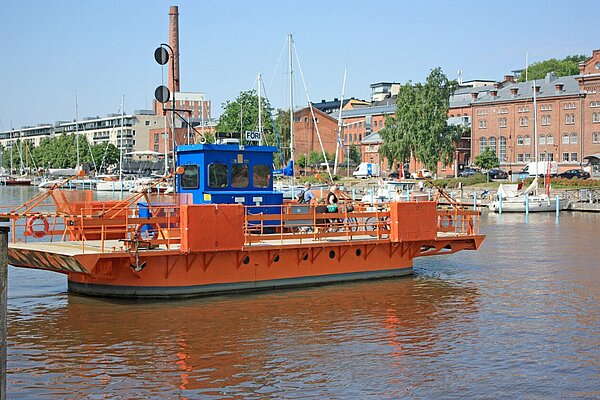
The submitted solutions will be evaluated based on the following criteria:
1. Impact
- The extent to which the solution contributes to the overarching goal of creating a generation that no longer relies on private car ownership, particularly in densely populated urban areas.
- The contribution of the solution to health, well-being, and the quality of the urban environment.
- The potential of the solution to address challenges associated with private car ownership, including improving urban mobility and reducing congestion.
2. Sustainability and feasibility
- How effectively the solution reduces GHG emissions and other environmental impacts such as air pollution, resource consumption, accidents, and fatalities related to mobility.
- The practicality and scalability of the proposed solution, considering technological, infrastructural, and economic factors.
3. Innovation and collaboration
- The uniqueness and originality of the solution, including the incorporation of emerging technologies, novel approaches to urban planning, and disruptive ideas that challenge the status quo.
- The extent to which the proposed solution encourages collaboration among stakeholders, including government agencies, urban planners, transportation providers, and the community, to promote a holistic approach to sustainable urban mobility.
Join us in this exciting challenge to transform the future of urban mobility and create cities that are healthier, more sustainable, and more vibrant.Together, we can make a significant impact on our environment and the well-being of our communities.
Meet the jury membersWhy participate?
Do you have the knowledge about and a solution for the Last Generation Private Car Owners Challenge? This is your chance to showcase your solution to the market with an opportunity to scale up your solution in the European market.
An expert jury will judge and rank your solution. The jury will pick a winner from all the proposals received.
Winners and runners up will be given a podium to present their company and solution visible to 100 cities around Europe. The challenge will provide a platform to showcase the solutions.
Participants are connected and positioned in the ecosystem of partners active in the future of mobility.
Also if your solution does not get selected for the finals, the solutions will be given visibility to the 100 climate neutral cities before 2030 platform.
The challenge will help accelerate the adoption and scaling up of your solution.
The challenge will provide insight into the performance of your solution in comparison with competitive solutions.
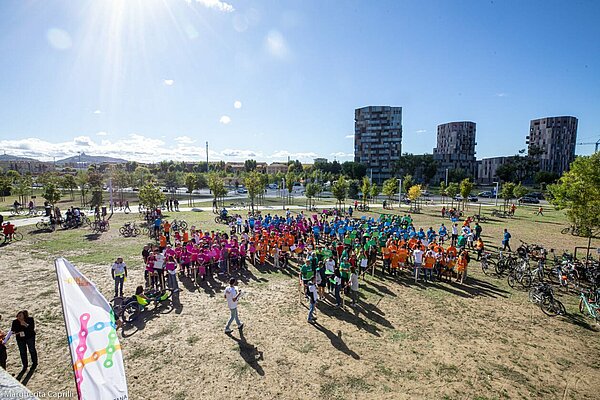
How to participate?
The link below will direct you to the challenge platform. You need to register on the ESTI portal.
After registration you can upload your proposal via the ESTI challenge portal.
After uploading your proposal and accepting the terms and conditions of the challenge you are an official participant of the challenge.
Your proposal should not contain any confidential information.
In the proposal we ask you to provide a clear and comprehensive description of your solution.
Please review all information from this brief.
Register yourself on the ESTI challenge portal
Submit your proposal before 6th of December 2023 at 17.00 hours CET via the ESTI challenge portal.
Join the challenge here!The European framework
The Cities 4.0 Open innovation Challenges are developed under the European project CITIES 4.0 - Climate Innovation Through Interactive Ecosystem Summit (September 2022 - September 2024) that involves partners of 4 different European cities: Brainport Eindhoven, Ecosystem Thinking Institute (Eindhoven, Netherlands), Turku Science Park (Turku, Finland), Leuven Mindgate (Leuven, Belgium) and Fondazione Innovazione Urbana (Bologna, Italy). Its aim is to create new synergies between innovation ecosystems in order to achieve climate neutrality by 2030, following the guidelines of the EU Mission “100 climate-neutral and smart cities by 2030”.
Photo 1 (cover) credit Margherita Caprilli
Photo 2 credit Hoffström-Cagiran_Eelin
Photo 3 credit Hoffström-Cagiran_Eelin
Photo 4 credit Margherita Caprilli
Are you interested in the latest updates?
Follow us on LinkedIn!